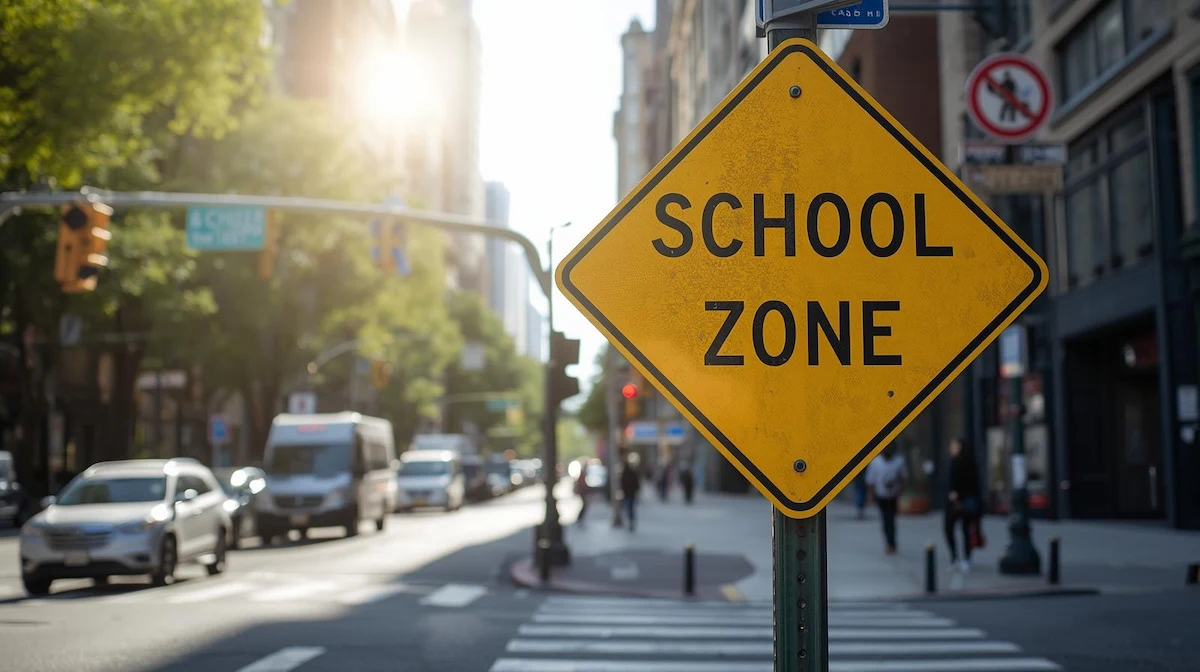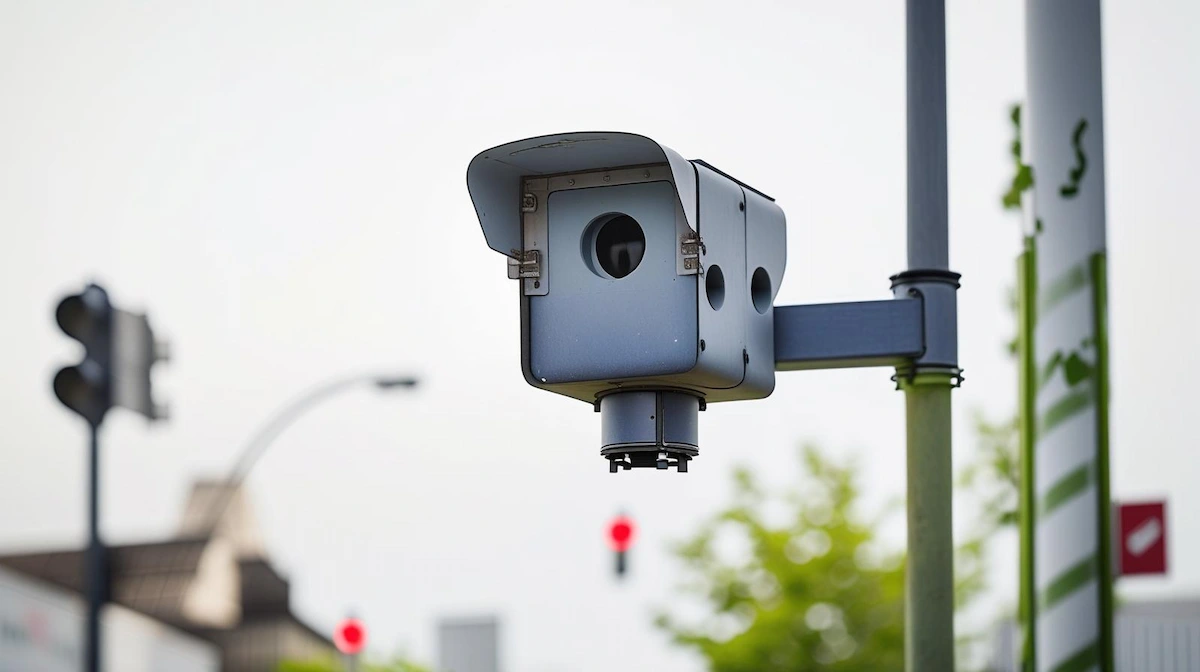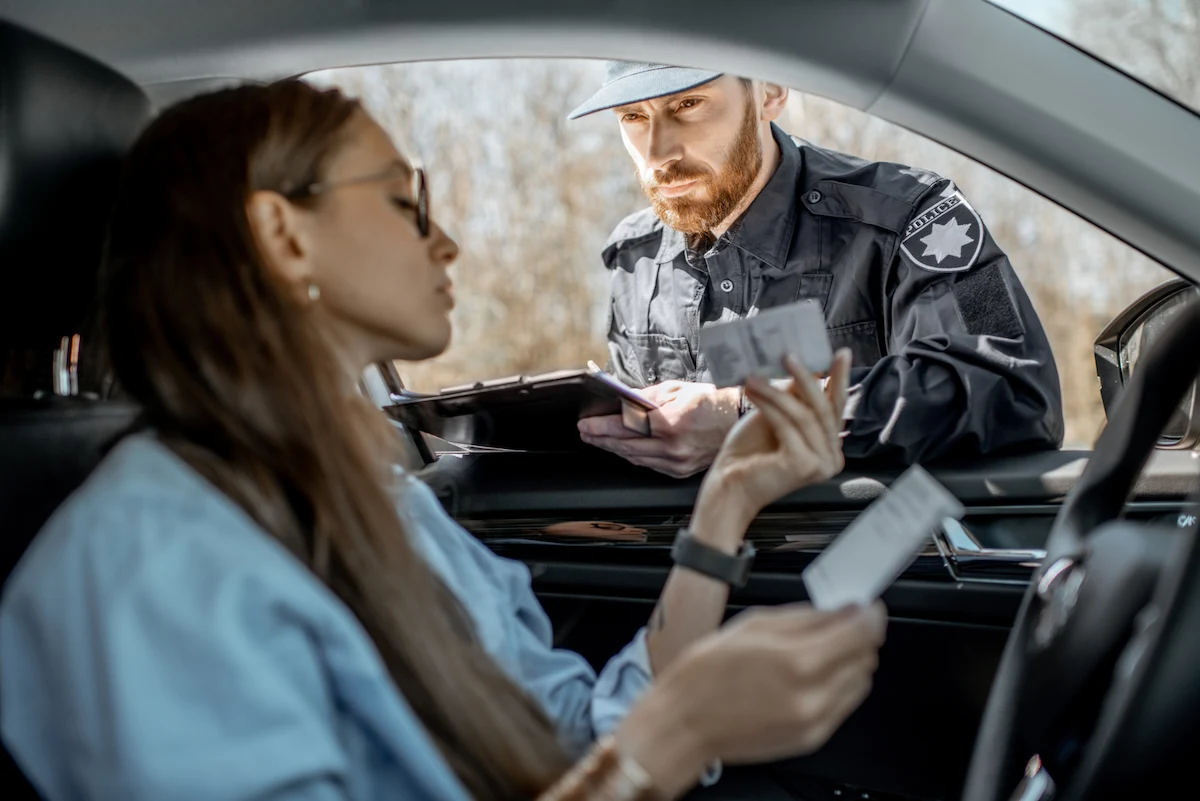Did you know that past violations could be on a background check? Traffic tickets in NYC are typically issued for disobeying traffic laws, which may seem inconsequential but can carry significant long-term consequences. One such consequence is their appearance on employment background checks, depending on the severity of the offense.
While not all traffic tickets automatically impact employment, the nature of the violation often determines its significance. Minor infractions may not be flagged during a background check. However, repeated or serious offenses can raise red flags for potential employers, particularly in industries where driving is central to the job.
How Traffic Tickets Can Show Up on a Background Check
Many background checks review criminal records, and in some cases, severe traffic offenses such as DUIs or reckless driving can be classified as misdemeanors or even felonies. These records are accessible to employers during routine checks. A NYC traffic ticket, especially if left unresolved, can escalate into a larger issue, such as a suspended license, which will certainly appear during pre-employment screenings.
The Role of Employers in Screening Traffic Violations
Employer Considerations for Traffic-Related Offenses
Not all employers weigh traffic tickets equally. For example, a role in which the employee does not need to drive for work may not require scrutiny of a person’s driving record. On the other hand, industries such as logistics, transportation, or delivery services place a premium on clean driving records. In these sectors, an unresolved NYC traffic ticket may raise concerns about liability and employee reliability, significantly affecting the hiring decision.
Different Industries, Different Impacts
The impact of traffic violations varies by industry. A minor traffic violation may not be detrimental in most corporate positions but can hinder employment opportunities in law enforcement, transportation, or any job that requires operating a company vehicle. For employers in these sectors, a traffic violation reflects the individual’s judgment and adherence to the law, which could influence hiring outcomes.
Legal Ramifications of NYC Traffic Violations on Employment
The severity of the Offense Matters
The gravity of a traffic offense plays a key role in determining whether it will affect your employment. Minor tickets, such as parking violations, don’t impact background checks. However, moving violations—like speeding, driving under the influence, or running red lights—can trigger alarms during an employment background check. Especially in NYC, repeat offenders may even see their traffic violations escalate into misdemeanors or felonies if not addressed promptly, making them much harder to ignore during hiring.
State-Specific Laws and Regulations
It’s important to note that traffic violations and their impact on employment background checks are subject to state laws. In NYC, for instance, certain infractions can be retained in public records for a long time, making them more likely to appear during screenings. On the other hand, some states allow for expunging minor infractions after a certain period, lessening the long-term impact. Always verify the relevant traffic laws in your state to understand how they may affect employment prospects.
How to Manage NYC Traffic Tickets to Protect Employment
Addressing Violations Proactively
To protect your employment opportunities, it is crucial to manage traffic tickets proactively. Addressing them quickly prevents escalation into more severe penalties, which can be harder to resolve and more likely to appear on background checks. Avoiding late fees, suspensions, or warrants by resolving tickets swiftly is the best defense against adverse effects on your job prospects.
Leveraging Legal Assistance for Traffic Violations
Enlisting legal support can be beneficial in some cases when dealing with traffic tickets. Legal professionals specializing in NYC traffic violation cases can help mitigate penalties or dismiss infractions. By leveraging their expertise, individuals can better protect their driving records, ensuring that a traffic violation does not compromise their employment background check.





